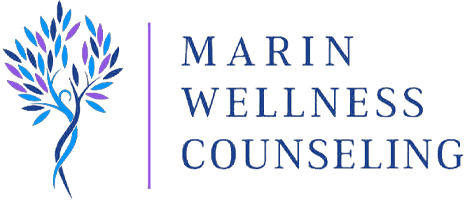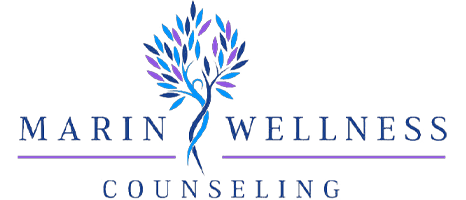Emotional Focused Therapy (EFT)

Introduction
Our Couples Therapists here at Marin Wellness Counseling use Emotional Focused Therapy (EFT) as part of their support for couples and relationship counseling.
Emotional focused therapy is a powerful therapeutic approach that delves deep into the realm of emotions, aiming to foster healing and create stronger connections within relationships. In this post, we will explore what EFT is, how it can be used, and the numerous benefits it offers to individuals and couples seeking emotional well-being.
What is Emotional Focused Therapy?
Emotional focused therapy, developed by Dr. Sue Johnson in the 1980s, is a form of psychotherapy that focuses on emotions as the key to understanding and resolving relationship issues. It operates on the belief that emotions are at the core of human experience and that they play a crucial role in shaping our interactions with others.
How Does EFT Work?
EFT operates on the premise that emotions are adaptive and serve as a guide to our needs and desires. By identifying and understanding these emotions, individuals and couples can gain insight into their underlying needs and work towards fulfilling them in healthier ways.
The process of EFT typically involves three stages:
- De-escalation: The therapist helps individuals or couples identify and express their primary emotions, which often lie beneath surface-level conflicts. By creating a safe and non-judgmental space, the therapist encourages open communication and emotional vulnerability.
- Restructuring: Once the underlying emotions are identified, the therapist guides individuals or couples in reframing their perspectives and understanding their emotional experiences in a new light. This stage aims to challenge negative patterns of interaction and promote healthier ways of relating.
- Consolidation: In the final stage, individuals or couples work towards solidifying the changes made during therapy. They learn to apply the insights gained and new communication skills to their daily lives, fostering lasting emotional connection and resilience.
Benefits of Emotional Focused Therapy:
- Enhanced Emotional Awareness: EFT helps individuals and couples develop a deeper understanding of their own emotions and those of their partners. This heightened emotional awareness can lead to improved self-regulation and more empathetic interactions.
- Strengthened Relationships: By addressing underlying emotional needs and fostering secure attachment, EFT can significantly improve the quality of relationships. Couples often report increased trust, intimacy, and satisfaction in their partnerships.
- Effective Conflict Resolution: EFT equips individuals and couples with the tools to navigate conflicts in a healthier and more constructive manner. By focusing on emotions rather than blame, EFT helps couples find common ground and work towards mutually satisfying resolutions.
- Long-lasting Results: Research has shown that EFT has long-lasting effects, with positive outcomes persisting even years after therapy. This suggests that the skills and insights gained through EFT can have a lasting impact on individuals and their relationships.
In Conclusion
Emotional focused therapy offers a transformative approach to healing and strengthening relationships. By delving into the realm of emotions and addressing underlying needs, EFT empowers individuals and couples to create lasting emotional connections and find fulfillment in their relationships.

